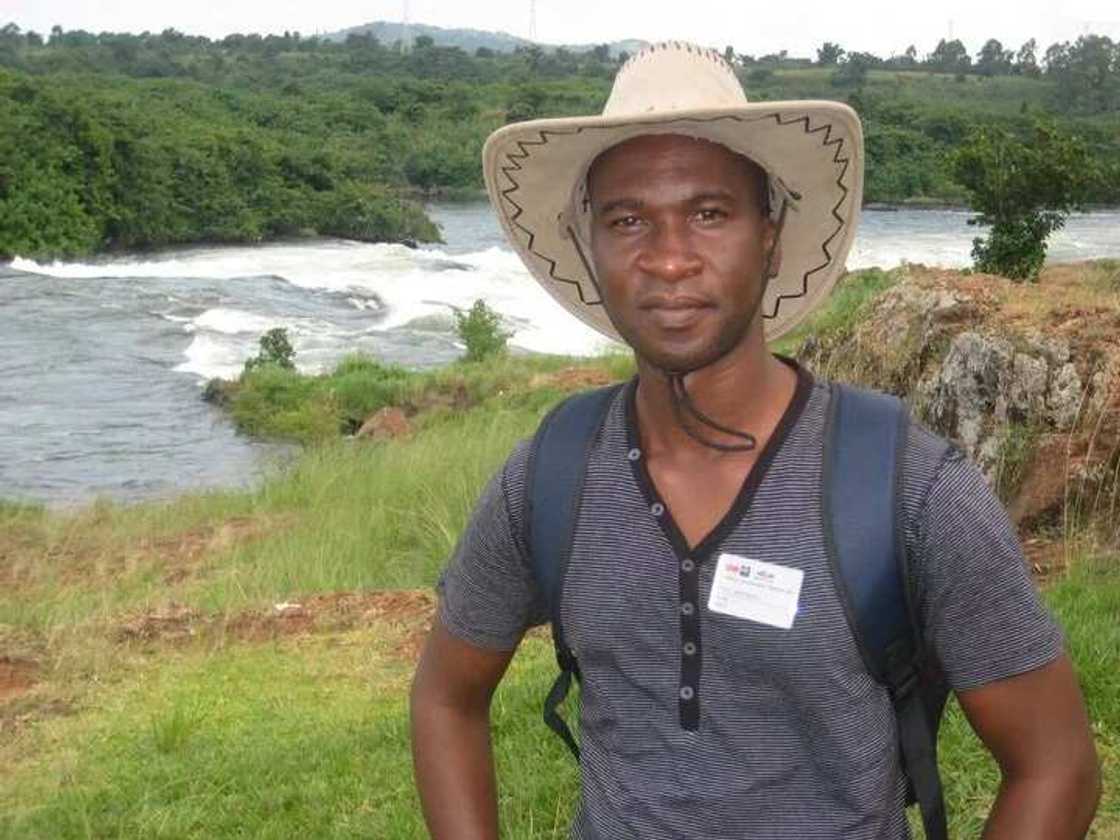Travel Thursday: 6 Must-See Nigerian Festivals
Editor's Note: Summer is upon us; although in Nigeria, it is just called 'rainy season.' Legit.ng's travel contributor, Pelu Awofeso, advises on the six not-to-be-missed festivals tourists and locals alike should mark their calendars for.
Beginning in early August and lasting through December, Nigeria will be in celebratory mood. It is the country’s season of festivals and carnivals, with dozens holding across the country’s 36 states and Abuja, the federal capital. Collectively, they will be seen by some 10 million local and international tourists.
Except for one or two, most of the festivals go on for at least a week and are laced with lots of drumming, dancing and feasting; host communities plan these cultural fiestas for many months and so come D-day, the atmosphere is usually one of eye-popping, jaw-dropping spectacle. (Traveller’s Tip: be sure that your phone/ camera batteries are fully charged and that there is enough storage space—you’ll definitely need those—to accommodate lots of photos).
So if you are in Nigeria when—and where—any of these ceremonies take place, plan to attend. On the whole, they are Nigeria’s unsung gifts to the world and, I dare say, your own perfect introduction to the cultural powerhouse of Africa. Here are six of the most notable ones.
1. Osun-Osogbo Festival, Osun State (10-22 August 2015):

This is one of the well-known festivals outside Nigeria and one of the most attended by international visitors. Hosted in the artistically rich Osogbo town, the festival is in honour of the mythical river goddess, Osun. It begins with a town-cleansing ritual that clears the path for a wide range of other activities that last a fortnight, climaxing in the crowded procession to the famed Osun Grove, a UNESCO World Heritage Site. Plant yourself in or near the Ataoja of Osogbo’s palace very early in the morning to witness the festival’s key moments. And if you wish to get into the spirit of the occasion, wear white.
2. Badagry Festival, Lagos State (21-29 August 2015):

It is literally a festival of festivals, encompassing half a dozen festivals from the various ethnic groups that make up the serene yet lively town of Badagry, on the Eastern tip of Lagos. It is also a period to draw attention to Badagry’s slave history, so it is also a well-chosen time as the programmes incorporate the UN International Day for the Remembrance of the Trans-Atlantic Slave Trade. Tourists can visit some of relics of the period as well as experience the sombre 5km walk on the slavery route. In past years, African-Americans participated in traditional ceremonies, during which they were given local Egun names.
READ ALSO: Best Place To Enjoy Art, Music And Culture In Lagos
3. Leboku Festival, Cross River State (August 2015):

One of many Agro-related festivals in Nigeria, Leboku New Yam Festival is celebrated in Ugep town by the Yakurr people, who use the opportunity to thank the creator for a rich harvest. It’s a bustling three-week party that signposts the end of one farming season and the beginning of another; the grand finale is a glowing assortment of parade—by maidens, women groups and community elders with cigar-like chewing-sticks clasped between their lips. The pageant and wrestling contests are two of the must-see displays. What’s more: you can have a taste of the harvested tubers on the spot.
4. World Sango festival, Oyo State (20-29 August 2015):

The World Sango Festival holds in Oyo town to honour Sango, one of one the best known warriors of early Yoruba kingdoms. Now deified, Sango is worshipped in at least 40 countries worldwide, including Brazil, Cuba, Mexico, and Trinidad & Tobago. The festival has so far proven to be a major magnet for international tourists, particularly South & African Americans who long to reconnect with their African/ Yoruba origins. Lasting 10 days, the festival devotes specific days to the celebration of important deities of Yoruba land: Ogun, Oya, Iyemoja and Osun to mention just a few.
5. Durbar festival, Kano State (24-25 September 2015):
This is another equestrian and faith-based traditional event, popular in Northern Nigeria and staged mainly during the Eid-el-Fitri and Eid-el-Kabir celebrations. Imagine some 500 decorated ponies galloping back and forth a dusty field with their turbaned and grandly dressed sword-bearing riders: the Durbar parades will fill you with excitement that is better experienced than described. As one European tourist puts it, the festival dazzles with “fascinating colours, fascinating sounds and the combination of horsemen and acrobats”. A series of gunshots announce the stately arrival of the paramount ruler (the Emir) and his entourage, and several shots more hours later signify the end of the programme. Next morning, the Emir’s convoy, including district heads and warriors, stomp through the streets to visit the state governor. Katsina and Bida are two other great places to experience the Durbar.
6. Ofala Festival, Anambra State (6-7 October 2015):

The Ofala Festival is one of the most colouful (literally and figuratively) of Nigeria’s festivals and one of the many hosted in Igbo-land to mark the end of a fruitful farming season. It is the peak of the traditional cycles in Onitsha (the commercial heart of south-eastern Nigeria), coming in-between a series of yam festivals across the villages that make up the town. The two-day celebration is hosted in inside the expansive palace courtyard of the Obi (king) of Onitsha, whose public performance is the height of the festivities. The stands are packed with titled men and women and brightly dressed indigenes. It is said that this is the only time in the year when the Onitsha people get to see their king at close quarters. From the palace grounds, they head back home to continue with the partying.

Pelu Awofeso is a winner of the CNN/ Multichoice African Journalist Awards for tourism reporting. He has published three books based on his travels around Nigeria.
Source: Legit.ng


